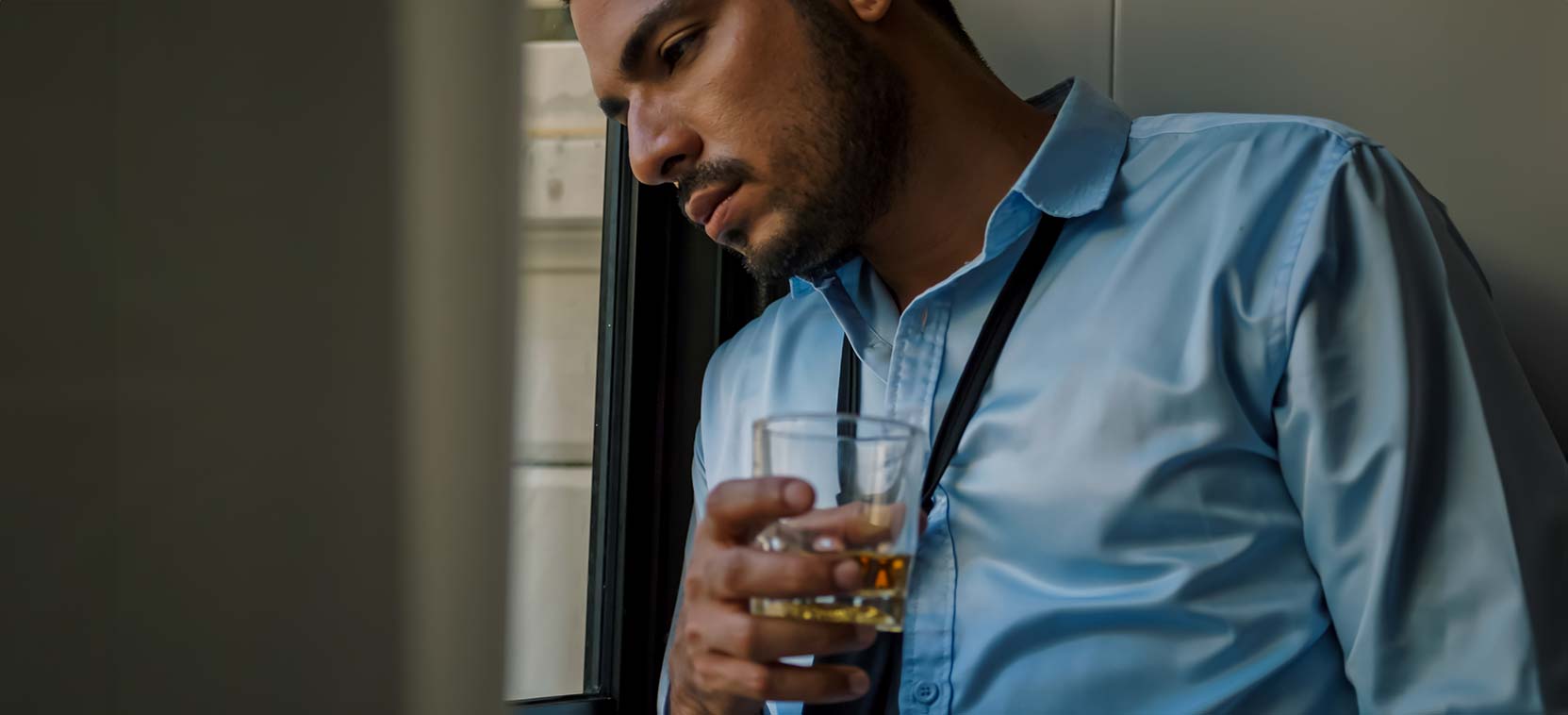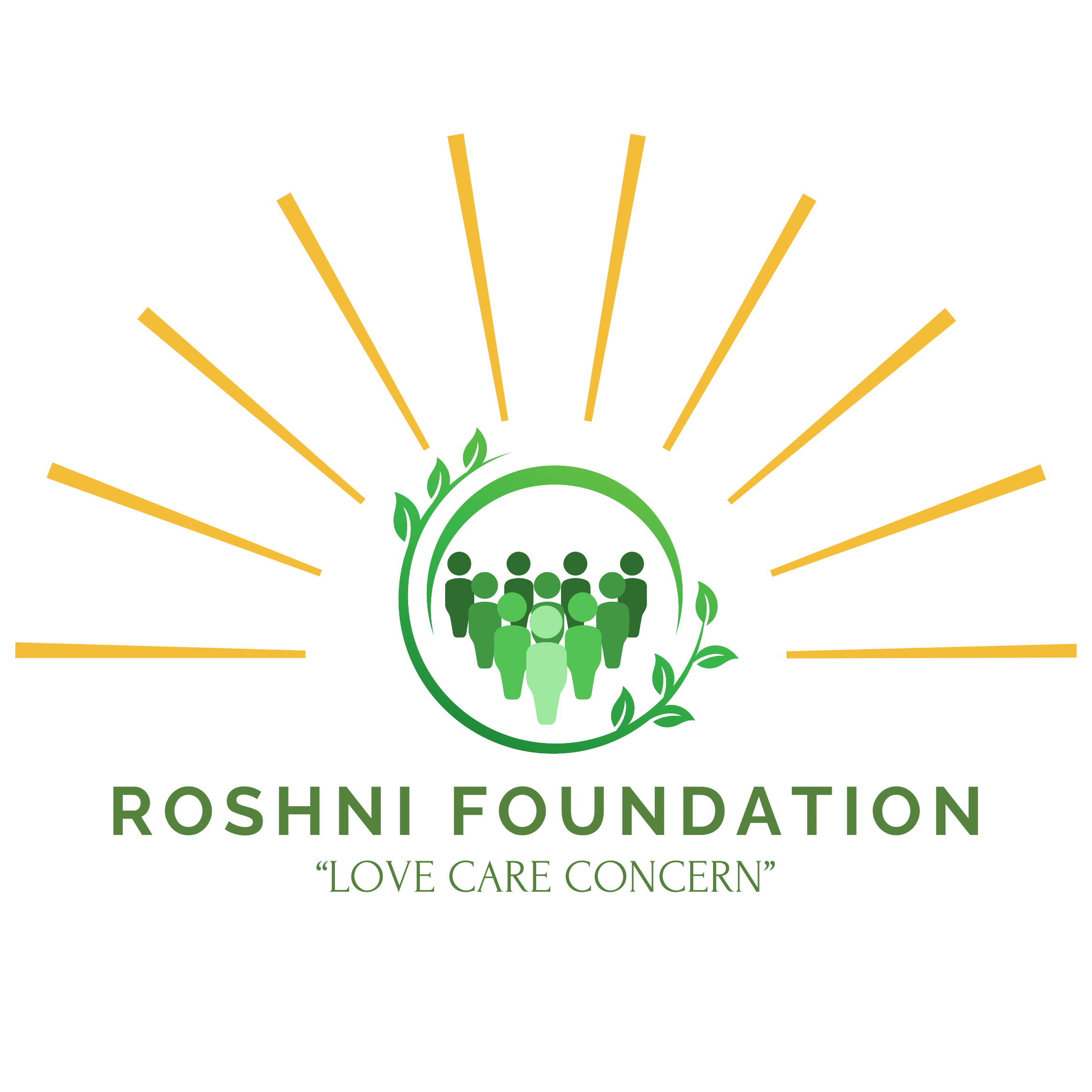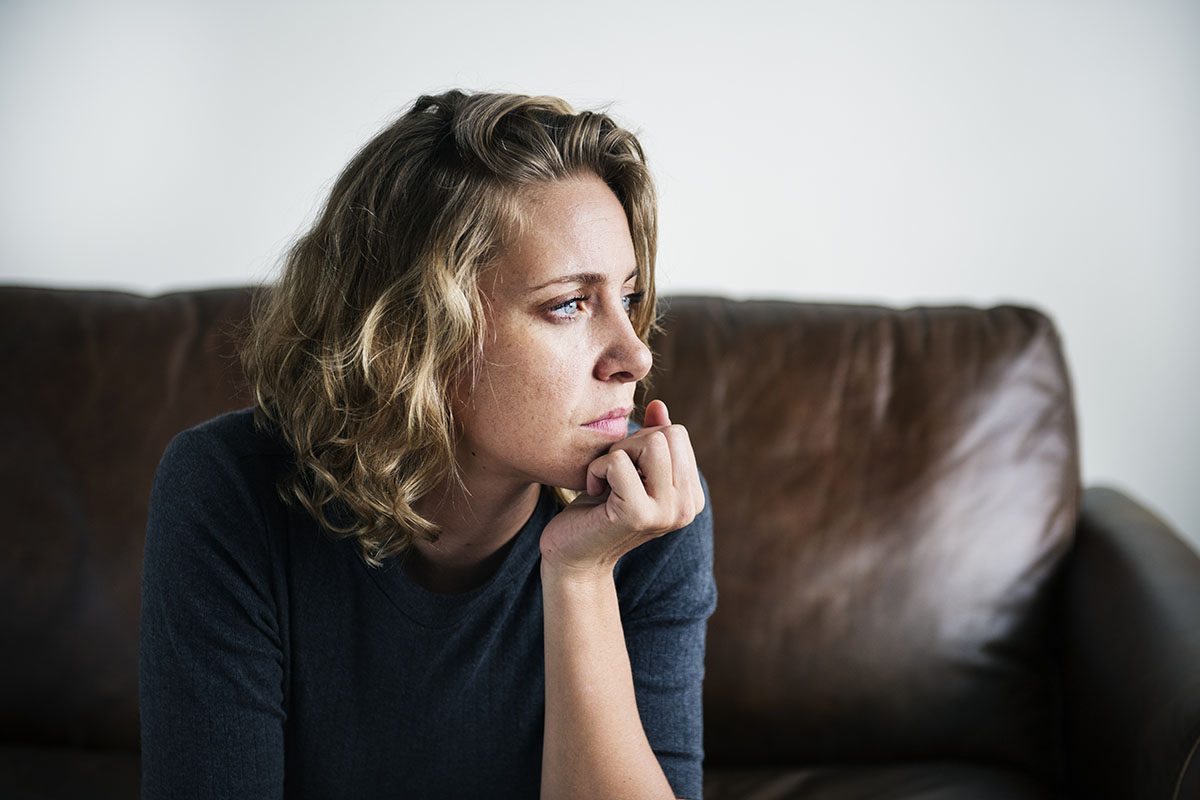Completing a rehabilitation program is a major milestone in the recovery journey—but it’s not the finish line. Many individuals in recovery face the risk of relapse, often without realising the warning signs until it’s too late. Understanding the drug relapse signs can empower recovering individuals and their loved ones to act early and prevent a full return to substance use.
At Roshni Foundation, a recognised name among India’s best rehab centre options, we emphasise relapse education and prevention as part of our holistic recovery approach. This guide highlights the most common and dangerous drug relapse signs and offers insights into how to respond before the situation escalates.
What Is a Relapse?
Relapse is the return to drug use after a period of abstinence. It often follows a predictable pattern, beginning with subtle changes in thoughts and emotions before any actual substance use occurs.
A key part of long-term recovery is recognising drug relapse signs during the early phases, when prevention is most effective.
How Common Is Relapse?
According to studies, 40% to 60% of people recovering from substance abuse experience at least one relapse. This does not indicate failure—it highlights the chronic nature of addiction and the need for continued support even after formal treatment ends.
The Three Stages of Relapse
Understanding the three stages of relapse can help identify drug relapse signs early:
-
Emotional Relapse – Poor self-care, isolation, denial.
-
Mental Relapse – Romanticising past use, craving, risky thinking.
-
Physical Relapse – The actual act of using the substance again.
Most relapses are preventable if signs from the first two stages are addressed promptly.

Top Drug Relapse Signs to Watch For
Here are the most common drug relapse signs seen after rehab:
1. Isolation and Withdrawal
Avoiding meetings, loved ones, or support groups is often the first red flag. People relapse in silence, not in support.
2. Emotional Instability
Sudden mood swings, irritability, anxiety, or depression may indicate a brewing internal conflict—one of the clearest early drug relapse signs.
3. Skipping Aftercare or Therapy
Discontinuing therapy or ignoring follow-up sessions increases relapse risk significantly. Aftercare is critical for relapse prevention.
4. Overconfidence in Sobriety
Statements like “I don’t need meetings anymore” or “I’ve got this under control” may sound positive but often signal vulnerability.
5. Reconnecting with Old Friends or Environments
Returning to places or people associated with previous drug use is one of the strongest drug relapse signs. Triggers are powerful and often underestimated.
6. Changes in Daily Routine
Disrupted sleep, irregular eating, skipping self-care, or abandoning hobbies can indicate a downward spiral.
7. Cravings and Drug Dreams
Having dreams about using drugs or feeling strong urges to use are psychological drug relapse signs that must not be ignored.
8. Dishonesty or Secretive Behaviour
Lying about whereabouts, activities, or emotions is a classic behavioural sign that relapse may be near.
9. Glorifying Past Use
Talking about past drug use in a nostalgic or positive light is a mental relapse indicator.
10. Sudden Financial Issues
If someone in recovery suddenly faces unexplained financial stress, it may suggest they are purchasing or planning to purchase drugs again.
What to Do If You Notice These Signs
Spotting drug relapse signs early allows you to intervene and prevent a full-blown relapse.
Action Steps:
-
Talk openly without blame
-
Encourage professional counselling
-
Re-engage in support groups
-
Revisit relapse prevention plans
-
Contact the treating rehab centre for guidance
At Roshni Foundation, we offer relapse intervention counselling and custom recovery plans for individuals at any stage of their journey.
How the Best Rehab Centres Help With Relapse Prevention
The best rehab centre goes beyond detox. Relapse prevention is an essential part of effective recovery. Key offerings include:
-
Ongoing therapy and counselling
-
Family support programs
-
Aftercare planning
-
Crisis intervention services
-
Holistic healing options (yoga, meditation, lifestyle coaching)
Roshni Foundation provides a long-term ecosystem of care that ensures individuals feel supported even after formal rehab ends.
Conclusion
Relapse is not the end—it’s a signal that more support is needed. Recognising and responding to drug relapse signs early can prevent a minor slip from becoming a full-blown return to addiction. With proper awareness, communication, and continued care, recovery can remain strong and sustainable.
At Roshni Foundation, we treat recovery as a lifelong journey. As one of India’s best rehab centre programs, our relapse prevention support is tailored to meet real-life challenges and guide every individual toward lasting sobriety.

